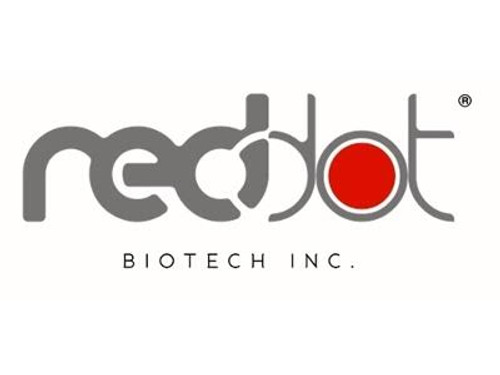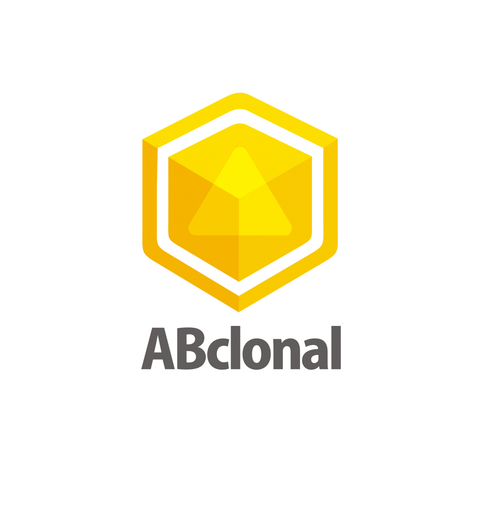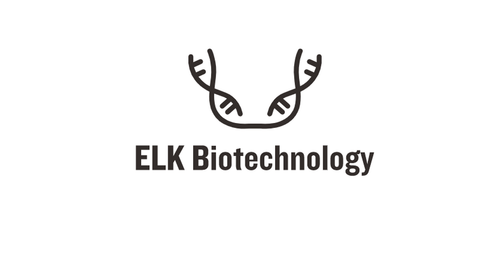Product Description
Pig Beclin-1 (BECN1) ELISA Kit | AE59280PI | Abebio
Species Reactivity: Pig (Sus scrofa; Porcine)
Abbreviation: BECN1
Alternative Name: ATG6; VPS30; beclin1; ATG6 autophagy related 6 homolog|beclin 1|beclin 1 (coiled-coil; moesin-like BCL2 interacting protein) |beclin 1 (coiled-coil; moesin-like BCL2-interacting protein)
Application: ELISA
Range: 0.156-10 ng/mL
Sensitivity: 0.054 ng/mL
Intra-Assay: ≤4.9%
Inter-Assay: ≤6.3%
Recovery: 0, 96
Sample Type: Serum, Plasma, Other biological fluids
Detection Method: Sandwich
Analysis Method : Quantitive
Test Principale: This assay employs a two-site sandwich ELISA to quantitate BECN1 in samples. An antibody specific for BECN1 has been pre-coated onto a microplate. Standards and samples are pipetted into the wells and anyBECN1 present is bound by the immobilized antibody. After removing any unbound substances, a biotin-conjugated antibody specific for BECN1 is added to the wells. After washing, Streptavidin conjugated Horseradish Peroxidase (HRP) is added to the wells. Following a wash to remove any unbound avidin-enzyme reagent, a substrate solution is added to the wells and color develops in proportion to the amount of BECN1 bound in the initial step. The color development is stopped and the intensity of the color is measured.
Product Overview: Beclin-1 is also known as autophagy-related gene (Atg) 6. Beclin-1 and its binding partner class III phosphoinositide 3-kinase (PI3K), also named Vps34, are required for the initiation of the formation of the autophagasome in autophagy.Human beclin encodes a novel 450-amino acid protein containing a coiled-coil region, within which it has limited homology to myosin-like proteins . Human and mouse beclin share 98% amino acid sequence identity. Caenorhabditis elegans and Saccharomyces cerevisiae beclin homologs were also identified. PROSITE analysis of human beclin detected several potential glycosylation, phosphorylation, and myristoylation sites, but no other functional sequence motifs. Northern blot analysis of mouse and adult human tissues revealed widespread beclin expression.
Stability: The stability of ELISA kit is determined by the loss rate of activity. The loss rate of this kit is less than 5% within the expiration date under appropriate storage condition. The loss rate was determined by accelerated thermal degradation test. Keep the kit at 37°C for 4 and 7 days, and compare O.D.values of the kit kept at 37°C with that of at recommended temperature. (referring from China Biological Products Standard, which was calculated by the Arrhenius equation. For ELISA kit, 4 days storage at 37°C can be considered as 6 months at 2 - 8°C, which means 7 days at 37°C equaling 12 months at 2 - 8°C) .
 Euro
Euro
 USD
USD
 British Pound
British Pound
 NULL
NULL












